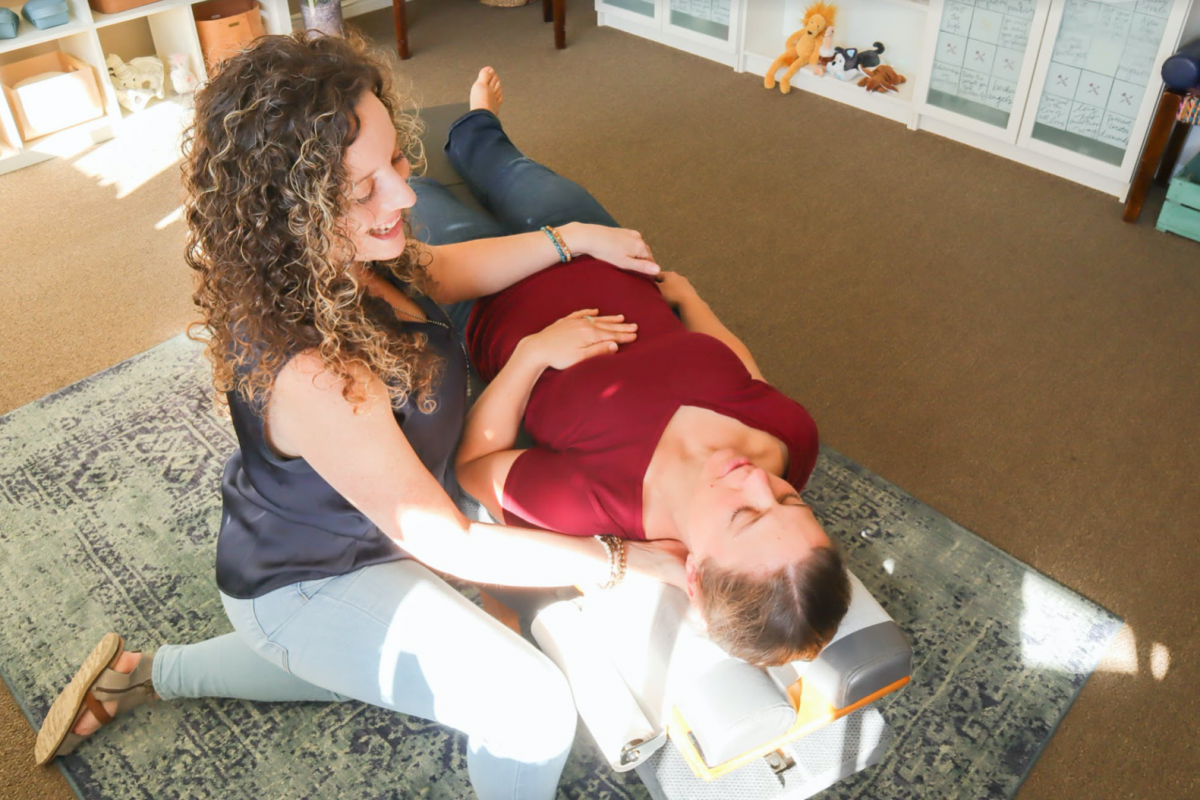By: Dr. Tracey James, DC, Anatomy Power Wellness
What is something that so many of us work against and tout our abilities to get as little as possible without ever considering the long-term effects of such practices? This practice has been important for all life not just humans since the beginning of time.
This healing practice is commonly known as Sleep, it features five distinct stages, four of NREM (non-rapid eye movement) and one stage of REM (rapid eye movement). Our brains and bodies consolidate the experiences and memories throughout the day increasing healing and restoration. We move through each of these stages in 90-minute cycles and flip-flop between NREM and REM throughout the night.
NREM sleep is the state in which we transfer short-term memories to the long-term memory centers of the brain required for saving facts. It is also during these stages of sleep where the physical “trash” is taken out.
Glial cells (the "glue" that holds your neurons together and aids in electrical impulse transmission) shrink in size by up to 60 percent during NREM sleep, enlarging the space around the neurons and allowing the cerebrospinal fluid to clean out the metabolic "trash" that was left by the day's neural activity. How cool is that?
REM sleep is where dreaming happens. Remembering your dreams or not is irrelevant to the benefits provided: REM sleep involves 1) nursing our emotional and mental health and 2) problem solving and creativity. It also builds connections between distantly related informational elements and fits them all together. REM sleep helps turn knowledge into wisdom.
Both types of sleep and adequate amounts of each equal a good night's sleep.
With the dawn of technology, we have offset our biology. No longer are we getting to bed when the sun goes down and arising when the sun comes out again. We are "burning the midnight oil", “the candle at both ends”, and not sleeping in favorable conditions that support restful sleep.
Sleep is where our healing takes place. If you struggle with sleep - whether getting to sleep, staying asleep, or sleeping without feeling rested upon awakening, it is important to explore factors that might be affecting not only your sleep but long-term health.
A few tips:
• TOO MUCH LIGHT & WARM TEMPS. Sleep in its best form for all humans should be done in a dark, cool room (67 degrees F) and should last between 7-9 hours.
• BLUE LIGHTS. No computer or phone screens looked at beyond 1 hour of bedtime. This blue light increases your risk of infection by inhibiting TH1 (T-Helper) cells.
• INJURIES (past or current). Your body keeps a memory of every injury experienced UNLESS you clear the nervous system. Uncleared injuries can decrease your REM sleep by up to 25%.

